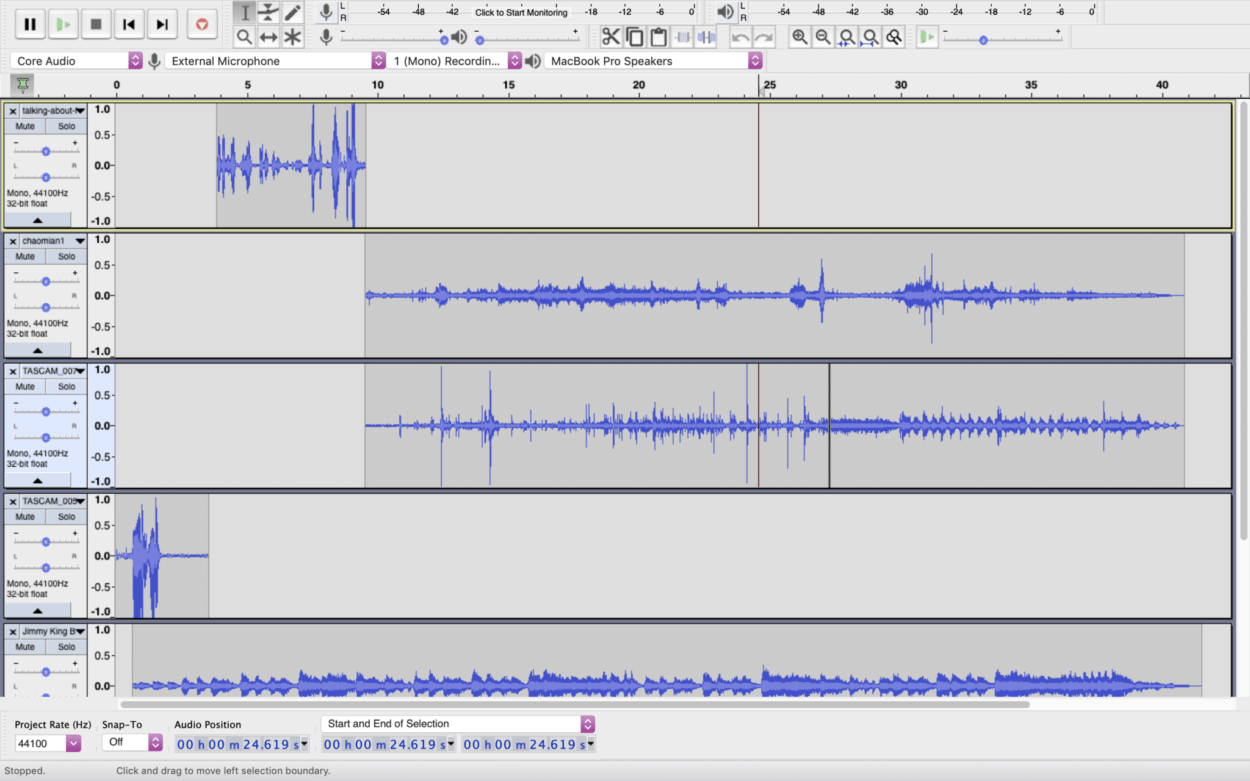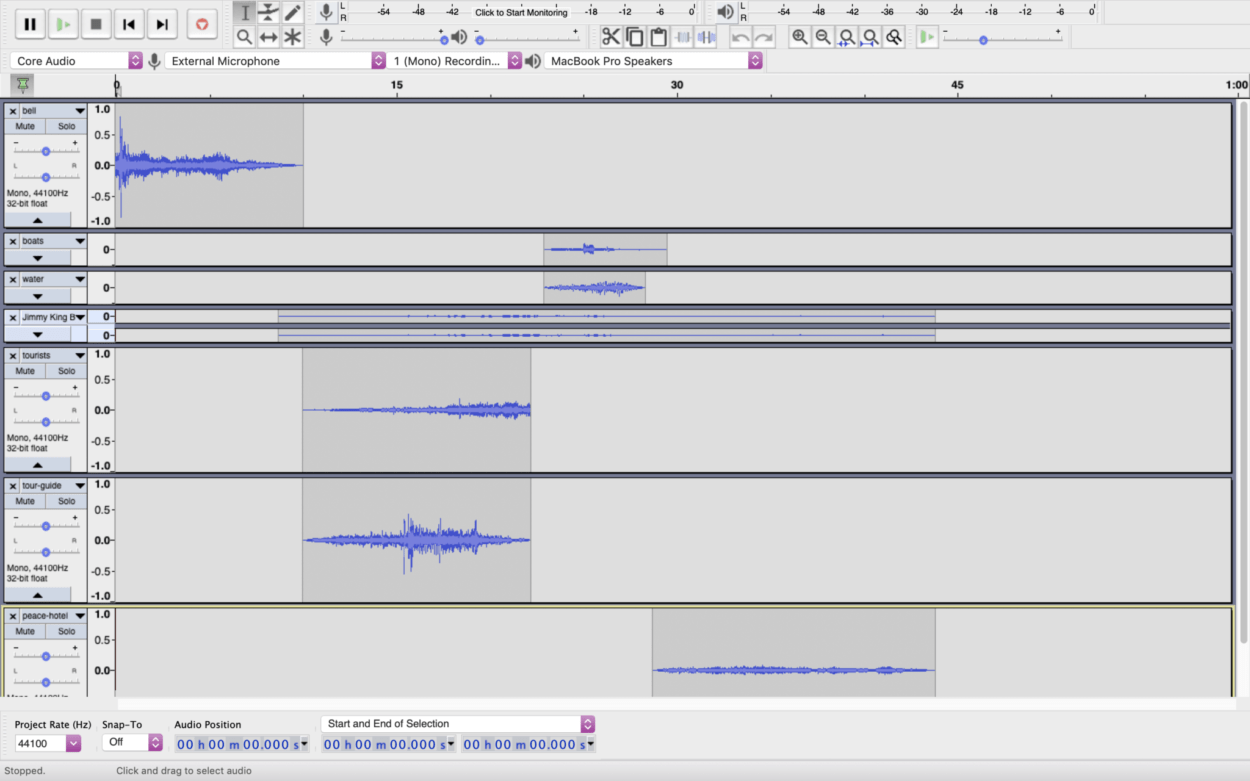After watching this TED talk, I really want to go to Africa. I realize that I also understand African people and their culture in a stereotypical way. When I think about Africa, the first image comes into my mind is a vast plain with giraffes, elephants, zebras and all kinds of wild animals walking under the beautiful sunset. There are documentaries made by the Chinese government showing how China helps “African brothers” build their railways and develop their countries. It is through these documentaries that I came to the realization that African people are also living in the 21st century, just like us; there are not only plains and tribes in Africa, there are also concrete buildings and people wearing normal clothes like us. however, these documentaries also made me feel that African people really do need our help. They made me feel that it is a good thing for African countries to be homogenized by China or, to be more accurate, modernization. These documentaries, they want to make me feel that way, but when I see those African people, who works on the train sponsored by China, wearing exactly the same uniform as those Chinese stewards; and buildings that are identical to those in Chinese cities rising up on the land of Africa, I just can help feeling weird. Isn’t this a kind of cultural colonization? Is it really appropriate to construct Africa in the Chinese way? Is this kind of “modern” style even Chinese style? Modernization, somehow, is making our country losing its culture and style, and we are still taking pride in it…… Back to the track, what I want to say is that I think these documentaries are also telling a single story about African people, where they are the weak and are in desperate need of help from modern and generous countries like China. All Africans in these documentaries are presented as super grateful for what Chinese government has done and claim that their life become so much better with the assistance of Chinese people. I don’t think this is the whole story. Just like what Adichie says in her talk, “The single story creates stereotypes and the problem with stereotypes is not that they are untrue, but that they are incomplete. They make one story become the only story.” I remember once reading an online article about how African people refused to live in the buildings that Chinese built for them because they were not used to living in buildings like that. This article was also telling a single story, but the story it told was completely different from the story told by those documentaries. This is why I want to go to Africa. I don’t want to hear stories any more. I want to see for myself, through my own eyes and then I’ll have my own story of Africa.
Week7–Audio Project Documentation by Jialu
link: http://imanas.shanghai.nyu.edu/~lag614/audio%20project/index.html
Our project tells the story of a little girl sneaking into her brother’s room where there’s a record shelf and on the shelf, she found some records of sounds of different places in Shanghai. The story of this little girl is inspired by Laila whose brother also has a shelf like this.
Laila made the HTML page and the sound of People’s Park. I collected and edited the sound of street food and the sound of The Bund.
For both of the mixings of sound, I used songs of Jimmy King as background music. Jimmy King was one of the top Jazz bands in Shanghai during the 1930s and it’s songs give me a mental image of the prosperity of the old Shanghai.
In the beginning of the street food sound, I used a sentence of Shanghainese which means “Did you have dinner?”. Then I mixed the sound of customers ordering food at the dumpling stand, BBQ and fried noodles together. It was raining when I went out recording these sounds, so the noise was a little loud. And it’s really hard to record very detailed sounds, since I didn’t want to interrupt others’ business. So after reduction of noise, I chose the clearest part and amplified it until it was loud enough to be heard.
The most difficult part of editing the sound of The Bund is organizing those elements together. I recorded a lot of sounds at The Bund and I didn’t know how to put them together to make them sound complete and harmonious. At first, I just put the sounds that I like together, and then I made adjustments according to my feelings. I really like the sound I recorded in the Peace Hotel at the very end of the mixing, which was Jazz music played in the hotel café. However, there were many people talking in the background and it’s hard to separate the music from the human voice. I tried my best to reduce the noise and amplify the sound of the music, but it still sounds a little bit weak.
Week6: Response to Theft and Artistry by Jialu
As the globalization goes on, I think it’s very natural that cultural mixture occurs and catches on. On the one hand, it is beneficial for minority culture to be mixed with pop culture, because this helps the widespread of the minority culture. Letting more people know a culture is helpful for preserving that culture. On the other hand, people is also part of the culture they belong to. If there are no black people in a black-cultural thing, is it still “Black culture”? I don’t think so. If a group of white people creates something that has what they call “black elements” inside, then it belongs to neither “black culture” nor “white culture”. Rather, I my opinion, it can be seen as a new genre which should be given a new name like “mixed culture” or “black-white culture”. Sometimes people are too focused on the political or social indications behind an art work that they ignore the most important thing about art, that is art itself.
Week6: Response to Ecstasy of Influence by Jialu
After reading “Ecstasy of Influence”, my view on copyright has completely changed. Before, I believe that copyright is a protection of the right of people who do creative work and to give them credit for what they have created. Now I start to think that maybe copyright is just an excuse for the capitalists to monopoly the production of commercial products that can make huge profits. If the law really wants to protect one’s ownership of his/her own creative ideas, merely ban others from “copying” those ideas is not enough. It should also ban others from talking about or thinking of those ideas without citation, since talking about or thinking of an idea of another person can also be seen as a form of “copying”. However, one will not be charged of violating the copyright of others if he talks to his friends about an interesting idea of other people or thinks about other people’s idea. One is charged of violating others’ copyright only when he/she tries to make a profit using others’ ideas or his/her actions hinder others from making a profit. So, when people talk about copyright, are they really thinking about “rights” or is it just another tool used by capitalists for monopolization and the maximization of profit?
Week6: Response to Molotov Man by Jialu
Art can be translated in many ways, but fact can’t. Fact should be objective, which means that it cannot and should not be translated—once it is translated, it becomes something subjective and thus it is no longer a fact. Susan Meiselas took the photograph of Pablo Arauz in order to show the true story behind him—the rebel against the control of Samoza family. She wants to preserve the original story, since it would be disrespectful of Pablo if his action of rebellion is twisted into other meanings and is used for purposes other than the advocation of the spirit of revolution. However, for many people like Joy Garnett, who don’t know the story of Pablo Arauz, the image of “Molotov Man” is merely a symbol that is open to interpretations. They use the “Molotov Man” as a tool of expressing their own opinions. After their recreation of the photograph, “Molotov Man” becomes something completely personal. I think there’s nothing wrong with Joy’s recreation of “Molotov Man”, because after all “Molotov Man” is not Pablo Arauz, so it doesn’t necessarily have to bear the story of Pablo.


